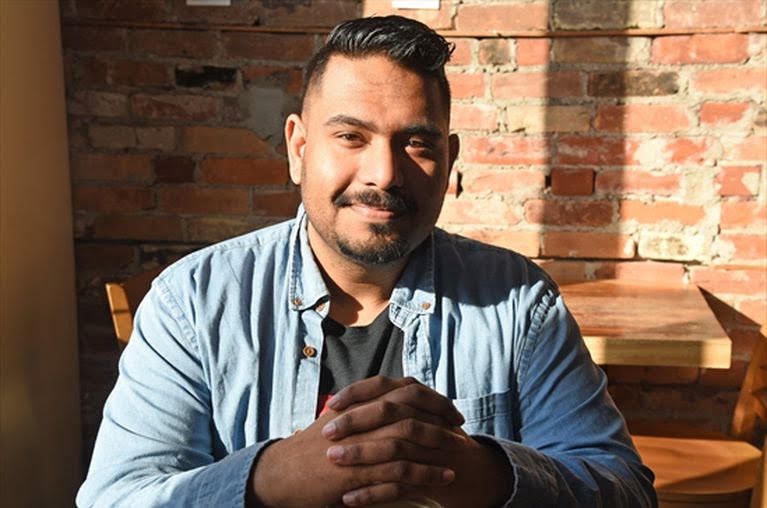York Region's LGBTQ2+ community is welcoming a ban on conversion therapy but says more work is needed to address it and other discrimination issues.
The federal government passed the ban Dec. 8, with it to come into effect Jan. 7. The bill, which sped through via unanimous consent, will ban the practice of attempting to change or repress a person's sexual orientation, gender identity or gender expression through use of treatments.
Pflag York Region president Tristan Coolman said he was shocked to see the parties cooperate to make it happen, but the community is happy it did.
“The community should be very pleased with this result, and their allies should be assured that at least the rights and our dignity and the integrity of these lived experiences are being protected,” he said.
The federal government has examined the issue for years but struggled to pass a ban, with the previous election halting a bill in progress. But all parties backed a new version introduced early in the new government, updated with some changes such as applying to all Canadians instead of those under 18 and protecting affirming conversations about identity.
Newmarket-Aurora Liberal MP Tony Van Bynen said it is always great in government when the parties can agree.
“The Liberal Party is focused on fairness, equity, respecting people’s rights and allowing people to be themselves,” Van Bynen said. “Conversion therapy was trying to make people feel badly about whom they loved, and that was wrong.”
Both the Liberal and Conservative parties committed to reintroducing the conversion therapy ban bill during the federal election.
Coolman said the conversion therapy practice still carried out, which will need to be uncovered and charges laid accordingly.
“There are still bad actors in our country who want to profit off of trying to convince individuals that whom they were born to be is not what should be accepted in society,” he said. “That is a fraud, and what they do is torture."
Coolman said they hope to carry forward the win into other issues, such as blood donation restrictions for gay men. They are currently required to have a three-month gap between their last sexual contact with a man before donating, a policy harkening to fear of STD transmission. But Canadian Blood Services has said it seeks to change that to address high-risk sexual behaviour among all donors.
“Hopefully, they begin to learn from their mistakes, and they can see how important all these issues are to the queer community, and ultimately, Canadians in general,” he said, adding he would like to see government accountability on the file.
Van Bynen said it is on the government’s radar.
“It’s certainly something we want to pursue. There’s still, I think, some science, some health considerations that need to be considered but I’m sure we’ll find our way through that.”
Pflag is also doing advocacy work at the provincial level, pushing for Bill 17, which could create a committee to address gender reaffirming health care.
Coolman said it is important to keep in mind that despite the win, there is still more to do to protect LGBTQ2+ rights. He said political leaders should be bipartisan on these issues rather than trying to score political points.
“There’s still room for improvement, but I think a lot of what has happened over the last few weeks is an example of how we should expect our elected officials to be looking through these issues, in the lens of human rights.”


